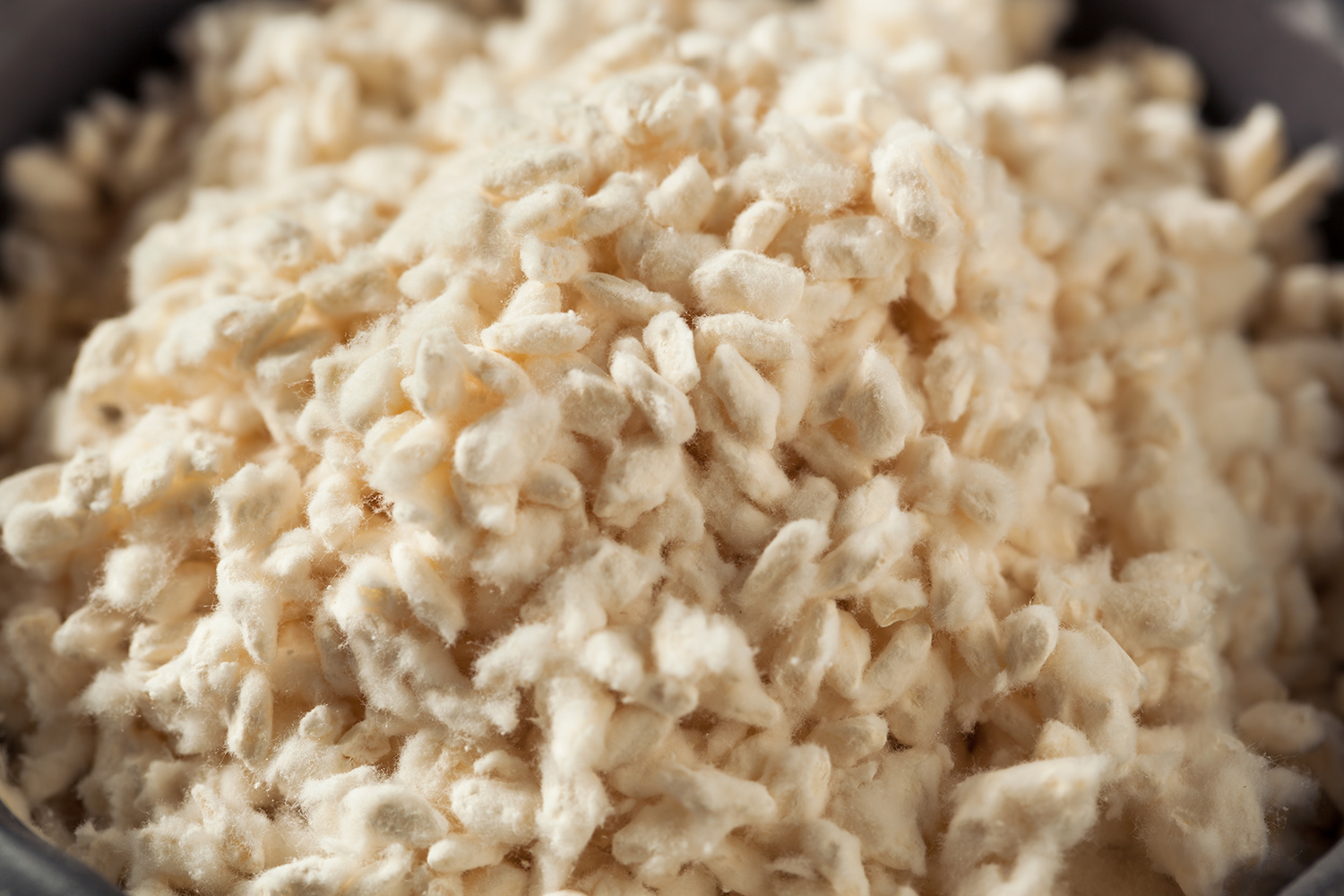What is the Koji ?
Koji is obtained by inoculating and growing a micro-organism, such as Aspergillus oryzae, on starchy cereal grains. During the process, the starch is broken down into fermentable sugars (glucose, maltose, fructose, etc.) which provide the micro-organism with nutrition, and an energy source for development during subsequent fermentation stages.
During this stage, many valuable enzymes are produced. This natural, traditional Japanese know-how can be reproduced on an industrial scale to produce enzymes that are used in many food applications.

Thanks to the industrial know-how of the Japan-based company Shin Nihon, Takabio is the only supplier of enzymes derived from the koji process.
The micro-organisms used for the industrial production of enzymes are not genetically modified.
The koji process is also traditionally used to make many Japanese food products such as saké, shochu, amazaké, mirin (Japanese vinegar), soy sauce and miso paste.
